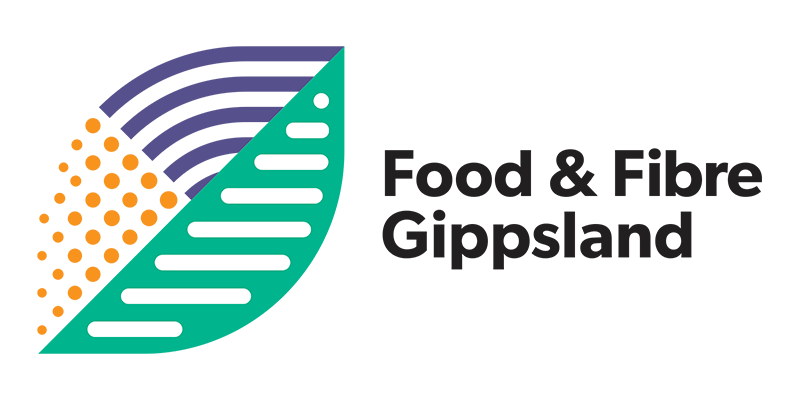Carbon Economies Workshop
Food & Fibre Gippsland has commenced work on exploring “Carbon Economies”.
This work aims to explore the role of carbon within the Gippsland food and fibre production landscape, and how we can leverage our existing assets and practices, or optimise them, to bring about increases in profitability, sustainability and overall regional advantage.
Carbon, one of earth's most abundant elements, is a key building block found in our soils, plants and living creatures. It also binds with oxygen to create one of our most-commonly emitted greenhouse gases, Carbon Dioxide (CO²). In the soil, higher carbon contents lead to increased water retention, less nutrient leaching, and higher yields. In the atmosphere, CO² emissions trap heat within the earth's atmosphere, detrimentally impacting food and fibre production systems; maritime environments; and our earth's liveability.
Food and fibre production systems are key to sequestering carbon, the process by which atmospheric carbon is pulled from the atmosphere and stored in biomass (like trees or plants – both on land and aquatic), or soil, where it becomes an important asset.
State, National and International governments have established plans to mitigate CO² emissions. We constantly hear of how many tons of CO² are emitted by our cars and households, and how local and international organisations are offsetting or purchasing carbon credits to become carbon neutral.
In practice though, what does this really mean?
How can Gippsland play a part in achieving these goals, and what’s the potential benefit to producers?
On Wednesday the 22nd of September from 2 – 4pm , Food & Fibre Gippsland, in partnership with the Latrobe Valley Authority, would like to invite you to a virtual workshop to learn more about carbon, and collaboratively shape how Gippsland as a region takes full advantage of its associated opportunities.
We will hear from experts such as Dr Julian Hill of Ternes Scientific, who has recently been appointed to oversee AgriFutures Australia’s Carbon Initiatives Program, a 15-project strong portfolio of practical initiatives aimed at exploring novel approaches to carbon storage and minimisation of greenhouse gas emissions.
We will also hear from Mark Eigenraam, the principal of IDEEA Group, who specialise in Natural Capital Accounting – the practice of accounting for in and outflows of natural resources (such as carbon) within an ecosystem or region.
Should you wish to attend, please head to the Eventbrite link here:
https://www.eventbrite.com.au/e/exploring-gippslands-carbon-economies-tickets-170142714439,
Or feel free to join directly on the day with the following Zoom details:
https://us06web.zoom.us/j/89288768632?pwd=enZVY0gxaFRBVjk2Z0xYMjN3M0dJQT09 Meeting ID: 892 8876 8632 Passcode: 9gnikGbkG*
Should you wish to discuss further prior to the meeting, please don’t hesitate to Smart Specialisation Program Manager Ben Gebert - ben.gebert@foodandfibregippsland.com.au
